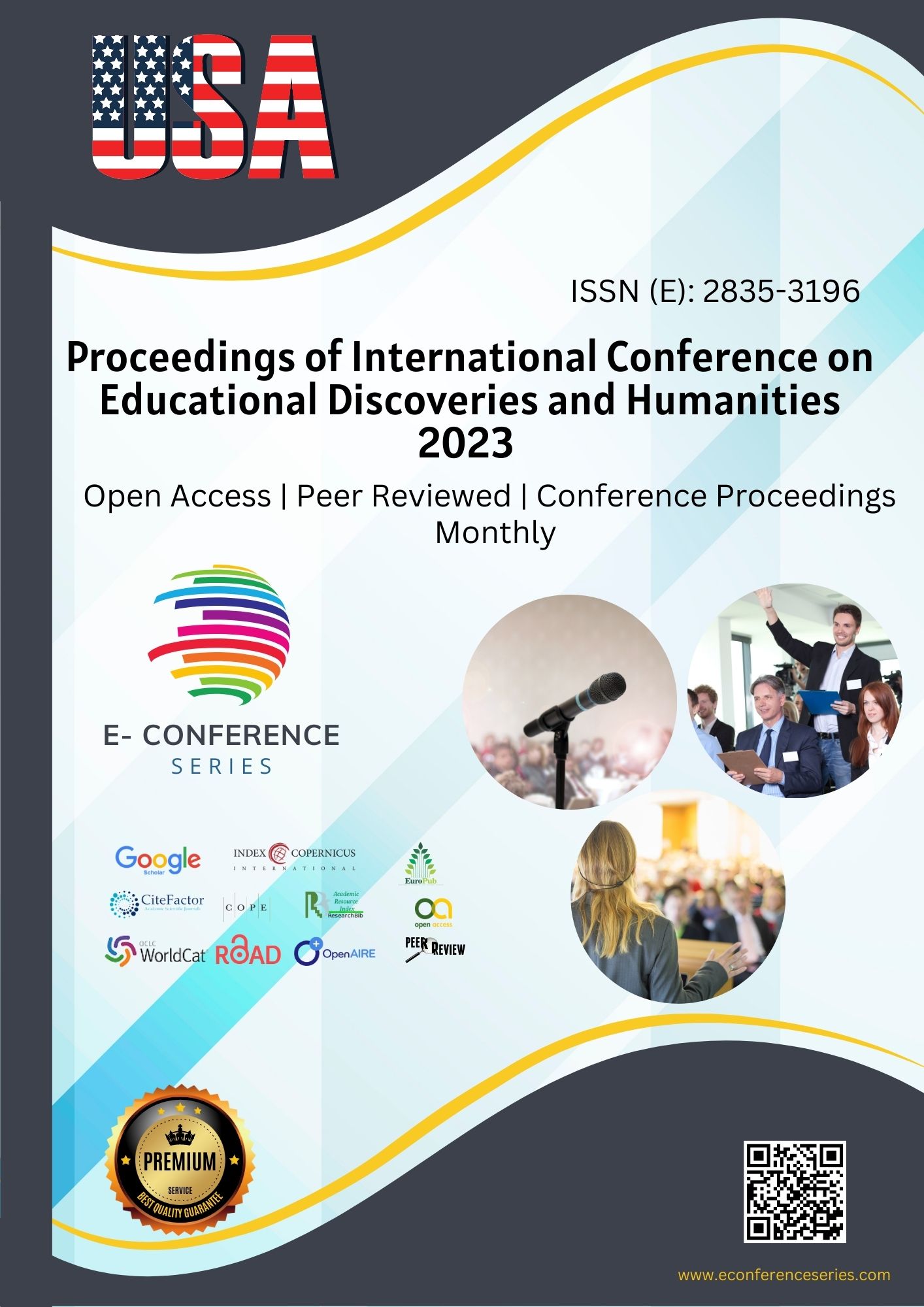"DEVELOPING CRITICAL THINKING SKILLS IN COMPUTER SCIENCE EDUCATION: USING PROBLEM-BASED LEARNING METHODS"
Keywords:
problem-based learning, critical thinking, collaborative learning, practical exercises, self-directed learning, computer science education, analytical skills, problem-solving skills, decision-making skills.Abstract
The text discusses the use of problem-based learning methods to promote critical thinking skills among future computer science teachers. It highlights the importance of collaborative learning, practical exercises, and self-directed learning in the development of analytical, problem-solving, and decision-making skills based on logical and reasoned approaches.
References
Soliman, A., & Nasser, R. (2016). Problem-Based Learning in Computer Science: A Systematic Literature Review. Journal of Educational Computing Research, 54(2), 145-173.
Walker, A., Leary, H., Hmelo-Silver, C., & Ertmer, P. (2015). Essential readings in problem-based learning: Exploring and extending the legacy of Howard S. Barrows. Purdue University Press.
Hmelo-Silver, C. E. (2004). Problem-based learning: What and how do students learn?. Educational Psychology Review, 16(3), 235-266.
Jonassen, D. H. (2003). Designing constructivist learning environments. In C. M. Reigeluth (Ed.), Instructional-design theories and models: A new paradigm of instructional theory (Vol. 2, pp. 215-239). Lawrence Erlbaum Associates Publishers.
Downloads
Published
Issue
Section
License

This work is licensed under a Creative Commons Attribution-NonCommercial 4.0 International License.








